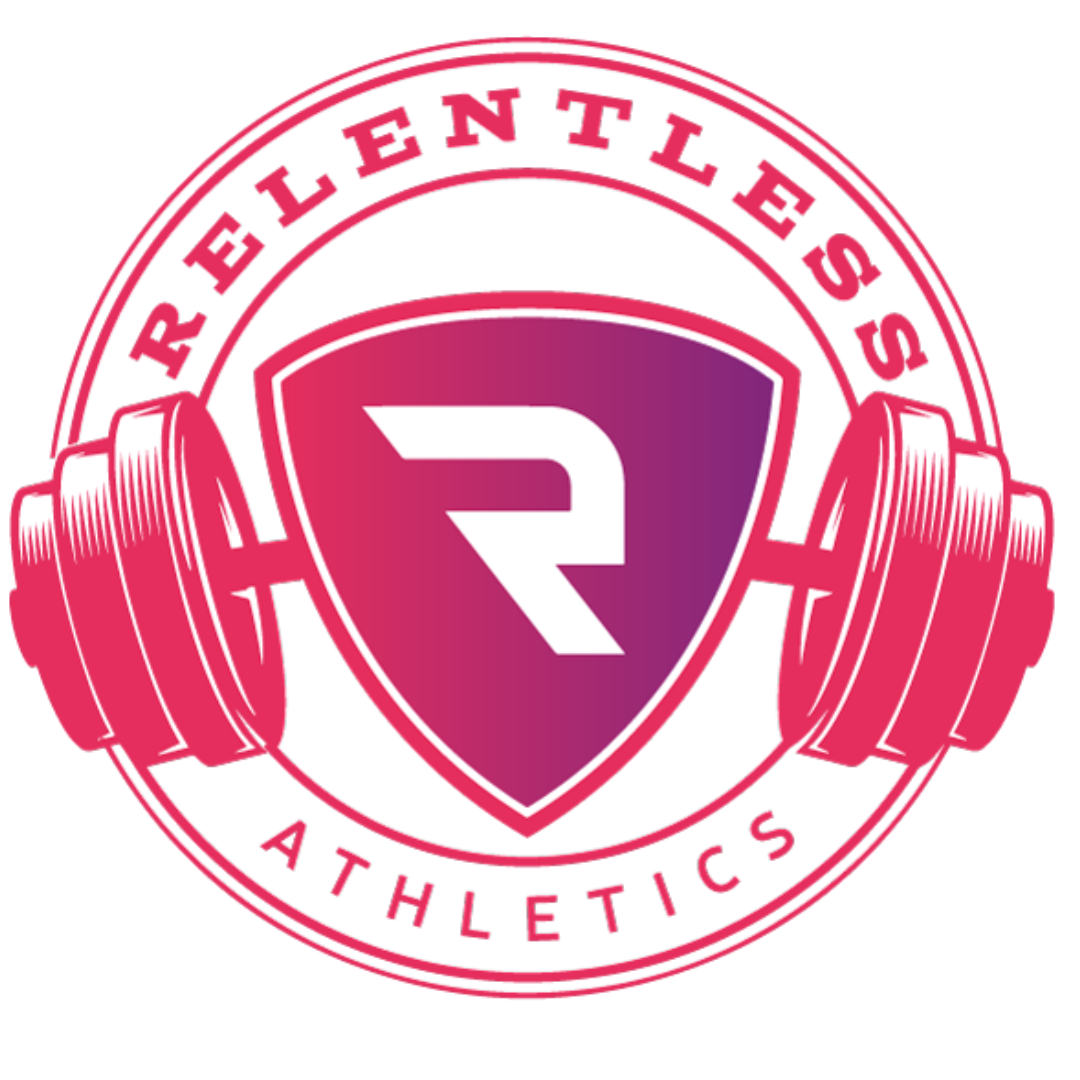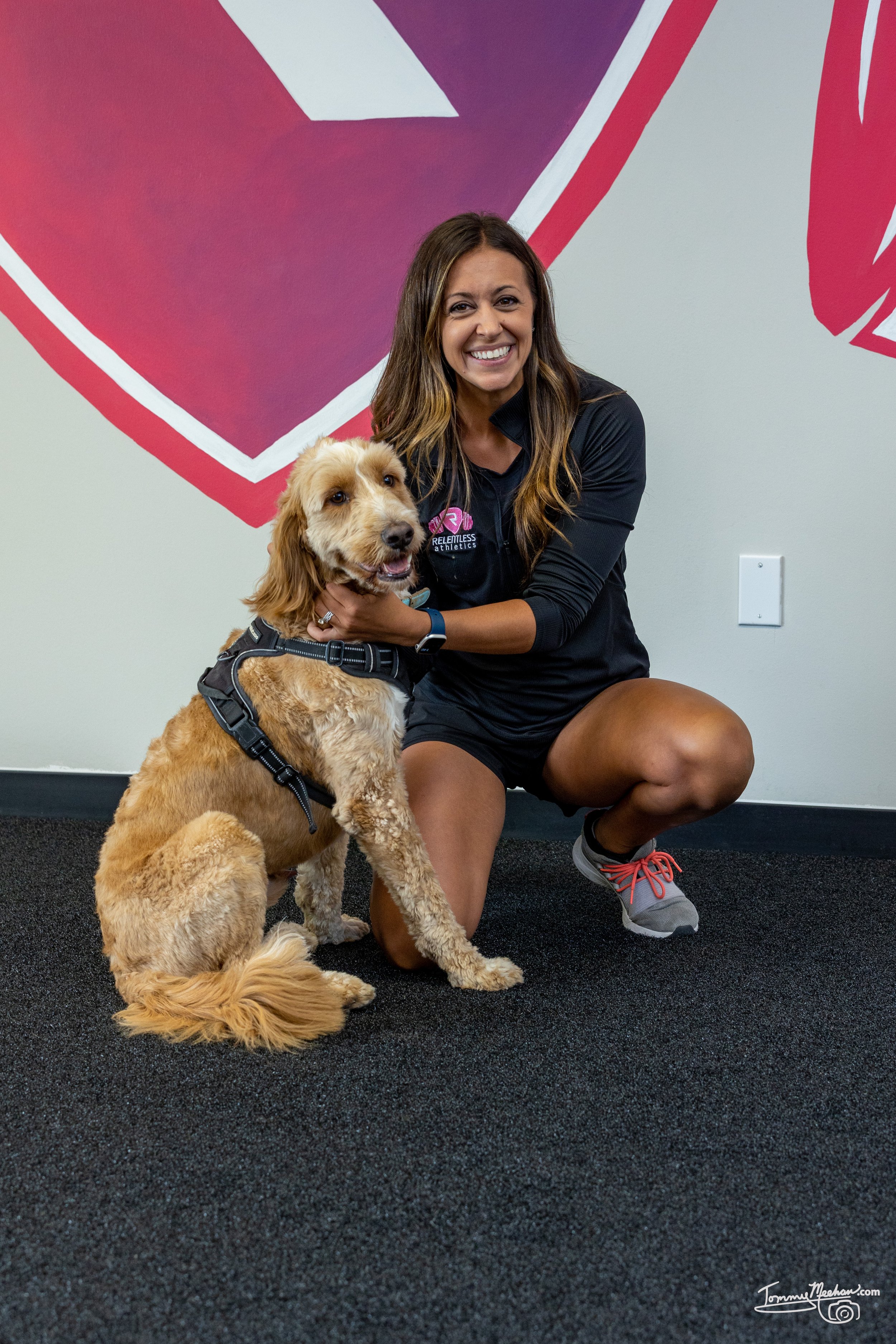Nourishing the Plant-Powered Female Athlete: A Focus on Essential Amino Acids, Calories, and Vitamins
By Emily Neff (Pappas), Ph.D. student
Protein is the foundation of performance.
Yet, female athletes following a plant-based diet face unique challenges to meet not only their protein needs but also calories to support their active lifestyles
Keep reading to learn
How the plant-based female athletes can meet their essential amino acid needs
What vitamin she may be lacking
An example day’s worth of meals full of plant-based proteins!
Plant-Powered Female Athletes
In the world of sports, female athletes following a plant-based diet often face the challenge of ensuring they get enough calories and quality protein to support their active lifestyles.
Unlike their omnivorous counterparts, plant-based eaters must be mindful of essential amino acids, as many plant proteins lack the complete profile found in animal sources.
This emphasizes the importance of diversifying protein sources to fully meet the body's needs.
Essential amino acids, the building blocks of protein, are not naturally produced by the body and must be obtained through diet.
Unfortunately, most plant proteins don't contain all essential amino acids in one source.
Female athletes should incorporate various plant protein sources into their meals to overcome this.
Legumes, grains, nuts, seeds, and soy products can be combined to create complete protein profiles.
Skipping out on essential amino acids can impact muscle growth, repair, and overall athletic performance.
The Importance of Variety
Because many plant protein options are NOT complete, combining at least three incomplete plant proteins in each meal is essential.
Always include one grain protein with a nut/seed/or legume
This combination will help provide all essential amino acids, allowing the female athlete’s body to make the most of the protein in her muscle recovery!
Aim for at least one complete plant protein per day
This will help ensure her body has all amino acids together in at least one meal, improving the rate of absorption and assimilation into her body!
The Essential Vitamin NOT Found in Plant Sources
It’s crucial for plant-based athletes to address vitamin B12 intake, as this essential nutrient is not naturally found in plant sources.
A B12 supplement is recommended to prevent deficiency, which can lead to fatigue, weakness, and neurological issues.
For females following a diet that includes dairy, B12 supplementation may not be needed, especially if full-fat options are chosen!
In fact, one cup (240 ml) of whole milk supplies 46% of the DV for vitamin B12
An Important Note to Parents
If your female athlete is interested in following a plant-based diet, make sure to inquire WHY!
Unfortunately, many females attempt to follow a plant-based diet to reduce caloric intake, a huge risk factor for REDs and disordered relationships with food as they enter adulthood.
A Plant-Powered Protein Day
To ensure a well-rounded plant-based diet, consider the following example of a day in the life of a female athlete:
Note: In this example, we also provide dairy-based proteins, which are often essential for plant-based females.
Opt for FULL FAT options to ensure she gets all the vitamins and protein her body needs!
Breakfast: PB Banana Protein Overnight Oats
1 cup oats
1 cup Greek yogurt
1/2 tsp cinnamon
2 tbsp peanut butter
1 tbsp chia seeds
1 1/4 cup almond milk
1 banana
Lunch: Protein-Packed Pasta Salad
High-protein pasta (like Banza or Barilla Protein+)
Lentils
Roasted veggies
Avocado and/or feta cheese as toppings
Pre-Sport Snack: Fueling with Koia Protein Shake and Rice Cake
Koia protein shake
Rice cake with hummus and veggies
Dinner: Tofu Pad Thai with Rice Noodles and Veggies
Rice Noodles
Tofu (pan seared)
Pan Fried Veggies
Peanut Sauce
Lime and Cilantro for garnish
Pre-bed: Greek Yogurt Parfait
Plain or flavored Greek yogurt
Mixed fruits
Granola (add honey for sweetness!)
Interested in learning more? Check out these related articles:
Want more recipes? Check out our recipe book!
Interested in 1:1 Nutrition Coaching (both in-person and virtual)?
Check out our Nutrition Program
ABOUT THE AUTHOR
In 2015 Emily opened Relentless Athletics to build a community for female athletes while educating their parents and coaches on the necessity of strength training and sports nutrition to optimize sports performance and reduce injury risks in the female athlete population.
Emily holds a M.S. in Exercise Physiology from Temple University and a B.S. in Biological Sciences from Drexel University. She is currently pursuing her Ph.D. at Concordia University St. Paul with a research focus on female athletes & the relationship between strength training frequency, ACL injury rates, and menstrual cycle irregularities (RED-s). Through this education, Emily values her ability to coach athletes and develop strength coaches with a perspective that is grounded in biochemistry and human physiology.
When she isn’t on the coaching floor or working in her office, she is at home with her husband Jarrod and their daughter Maya Rose, and, of course, their dog Milo (who has become the mascot of Relentless)!!






























